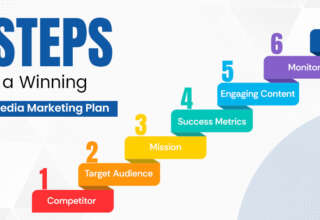![]()
Twitter is full of good people who are bullying jerks like me.
“My dad was an addict his entire life.” The political writer Bethany Mandel told the story in a Twitter string, responding to a cruel tweet about addicts deserving to die. He had probably kicked his addiction, she explained, but then a doctor prescribed opioids for the severe back pain he suffered from his job delivering heating oil.
“Getting those pills put him back on the path of addiction. It bankrupted him. He ended up committing suicide.” Then she explained her reaction to the cruel tweet. I’ll use the word “jerk” for her ruder and more accurate one.
“When folks say ‘addicts deserve to die’ — even [jerks] running their mouths on twitter — it stings. A lot.” She doesn’t write about her father, she says, and the jerk couldn’t know his wish for the death of addicts would hit her personally. He was just saying what people like him say on Twitter. In a later tweet, she said, “But when you say [rude things] like that, keep in mind you have no idea the back story of the person you’re saying it to.”
They speak like jerks
Even good, religiously serious people, say things like “addicts deserve to die.” They just pick on a group it’s safe to pick on in an age that combines hyper-sensitivity (think “micro-aggressions”) and social darwinism.
Every ideological side has its own list of approved targets: addicts, the chronically poor, smokers, the overweight, the rural white Trump voters, social justice warriors, pro-lifers, pro-choicers, snowflakes, the micro-aggressors and the ones who complain about micro-aggressions, fundamentalists, secularists, the Alt Right, the hard left, Donald Trump, Hillary Clinton, and, and, and …
Pretty much everyone hates internet bullies, even the bullies (though everyone makes fun of Anthony Weiner, the one man who unites Americans like no other), but otherwise, you shall know the sides by the people they feel free to generalize about and insult. Ideological comrades gather and at some point they’ll begin their own genteel version of 1984’s Two Minutes Hate.
In the totalitarian world of the novel, everyone watches a daily movie about the country’s enemies and breaks into abuse. As Orwell describes it, “The horrible thing about the Two Minutes Hate was not that one was obliged to act a part, but that it was impossible to avoid joining in.”
Within thirty seconds any pretense was always unnecessary. A hideous ecstasy of fear and vindictiveness, a desire to kill, to torture, to smash faces in with a sledge hammer, seemed to flow through the whole group of people like an electric current, turning one even against one’s will into a grimacing, screaming lunatic. And yet the rage that one felt was an abstract, undirected emotion which could be switched from one object to another like the flame of a blowlamp.
You see a milder form of this in some public demonstrations. You can see it in a much milder form at a cookout, say, when the conversation limps along until someone brings up a shared enemy, one of the groups on the approved target list. Smaller conversations stop, people turn to the speaker, lean forward. The energy level rises. People nod their heads, roll their eyes, laugh, throw in their own insults. A good time is suddenly being had by all.
[“Source-aleteia”]





